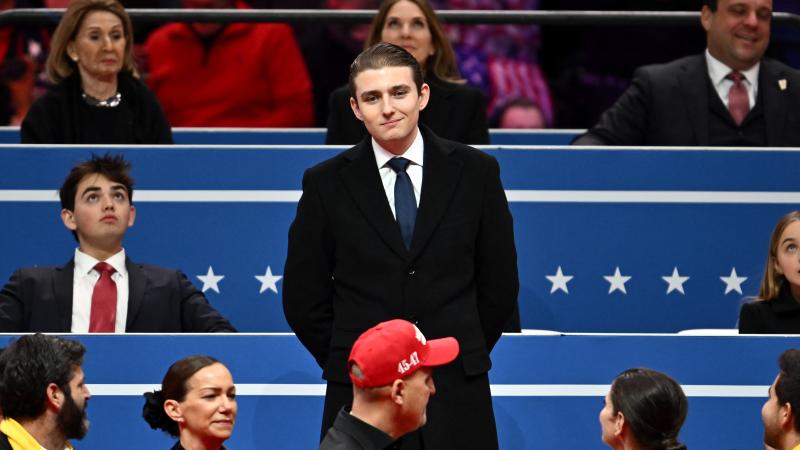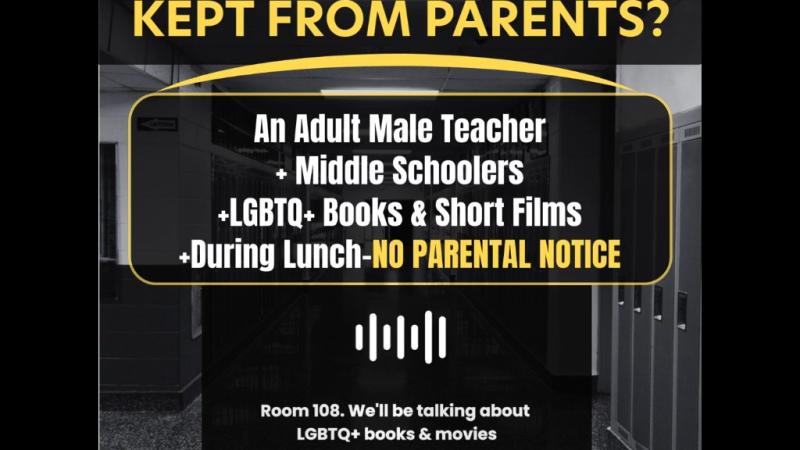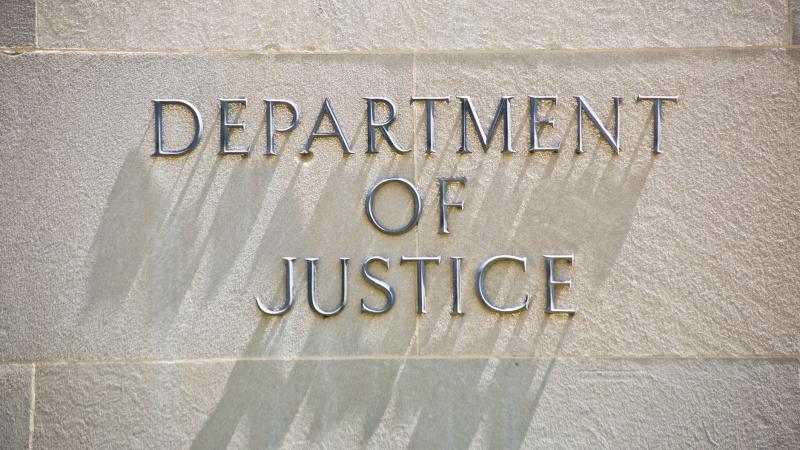Biden housing market inherited by Trump creates nightmare scenario for American dream
"Nobody wants to move because they are sitting on a 3% rate or they can't afford to move because their payment on the same type of house almost doubles," says a senior loan officer based in Ohio. "So, there's no volume."
Rising interest rates and high home prices under former President Joe Biden have put the American dream of homeownership out of reach for many prospective buyers, leaving President Donald Trump an early economic challenge.
U.S. inflation went up 3% in January, which has dimmed hopes for an interest rate cut that could lower mortgage costs.
Federal Reserve Chairman Jerome Powell has said the U.S. is still not yet where it needs to be in terms of getting inflation under control.
According to Redfin, "pending home sales in January fell to the lowest level on record aside from the start of the pandemic."
A report from the National Association of Realtors found that the first-time homebuyer market share dropped to a historic low of 24% in 2024.
Interest rates were at record lows throughout 2020 and 2021, which attracted record numbers of buyers looking to move during the COVID-19 pandemic.
Inflation steadily increased to a record 40-year high under Biden after he signed the $2 trillion American Rescue Plan into law in March 2021 following two COVID-19 pandemic relief bills that Trump had signed into law in 2020.
Dr. Douglas Holtz Eakin, former director of the Congressional Budget Office, said it was predictable that inflation would rise as a result of the ARP.
"People said so at the time, notably Larry Summers, former Secretary of the Treasury – an outstanding economist. History has given us examples just like the American Rescue Plan," he said. "In 1951, the U.S. economy was growing at 10.5% – quite rapid growth. Federal spending was increased by about 50% – that’s roughly the American Rescue Plan – two trillion on a four trillion base. Inflation jumped by six percentage points that year."
Beginning in 2022, the Fed repeatedly raised interest rates to try to tame inflation. Rates peaked at 7.79%, the highest level in more than 20 years, pushing many prospective homebuyers out of the market.
Kevin Stanford, a senior loan officer based in Ohio, told Just the News that the higher interest rates enacted to curb the amount of inflation that occurred under Biden has essentially "bankrupted the real estate industry" for lenders and real estate agents.
"There is nobody buying. There hasn't been in two years. The mortgage transactions are basically one-seventh of what they were 3 years ago," Stanford said, adding that about 70% of real estate agents and 50-60% of loan officers have left the business. "Biden's inflation was so out of control and it's still out of control, his last one in January."
In addition to the rough housing market with less home sales, the new rules the NAR imposed around commissions as the result of a lawsuit have reportedly contributed to many realtors calling it quits.
Stanford observed that many homeowners who refinanced when rates were low are not looking to buy a new home because they would lose their low interest rate and prices are high.
"Nobody wants to move because they are sitting on a 3% rate or they can't afford to move because their payment on the same type of house almost doubles," says a senior loan officer based in Ohio. "So, there's no volume."
Stanford said possible lower interest rates under Trump would bring more buyers into the housing market but it depends how far they go down and rising home prices are still likely to be a deterrent.
Economist Steve Moore said Trump has a lot of work to do to curb government spending, lower inflation and bring the economy back on track.
"He's got a big fix it job ahead of him, a lot of heavy lifting to do to get this economy back on track," Moore told Just the News in January. "We've got a deficit that's out of control, a debt that is higher than it's ever been. We've got inflation that's starting to rear its ugly head again, which is the reason that the Democrats lost the election more than just about anything else. So I want to make sure that people understand there's a lot of work to be done here."
J.P. Morgan Research predicted this week that home prices will rise by 3% overall this year and the NAR recently projected that home sales would rise by 9%. The NAR also said that an average 6% interest rate would attract more buyers.
The Fed, however, has signaled that there won't be further rate cuts for a while, given that inflation ticked up in January.
"We all love low interest rates, but if you, if you lower them too much on the short end, you're going to get higher interest rates at the long end," said Moore.
While rates remain high at about 7% nationally, Stanford said homeowners with high-interest credit card debt often don't realize they could benefit from a blended interest rate if it yields lower overall monthly debt payments.
"A customer I had did a cash out on his house. I doubled his interest rate and lowered his monthly obligations by $750 because we paid off all of his other debt," Stanford said, noting that much of the customer's debt was tied to credit cards. "We raised the interest rate on his house but a lot of people don't realize it's the right thing to do mathematically given their other debt."
Credit card balances are currently at a record high of $1.21 trillion in the U.S., according to a report from the New York Federal Reserve that was released on Thursday.














